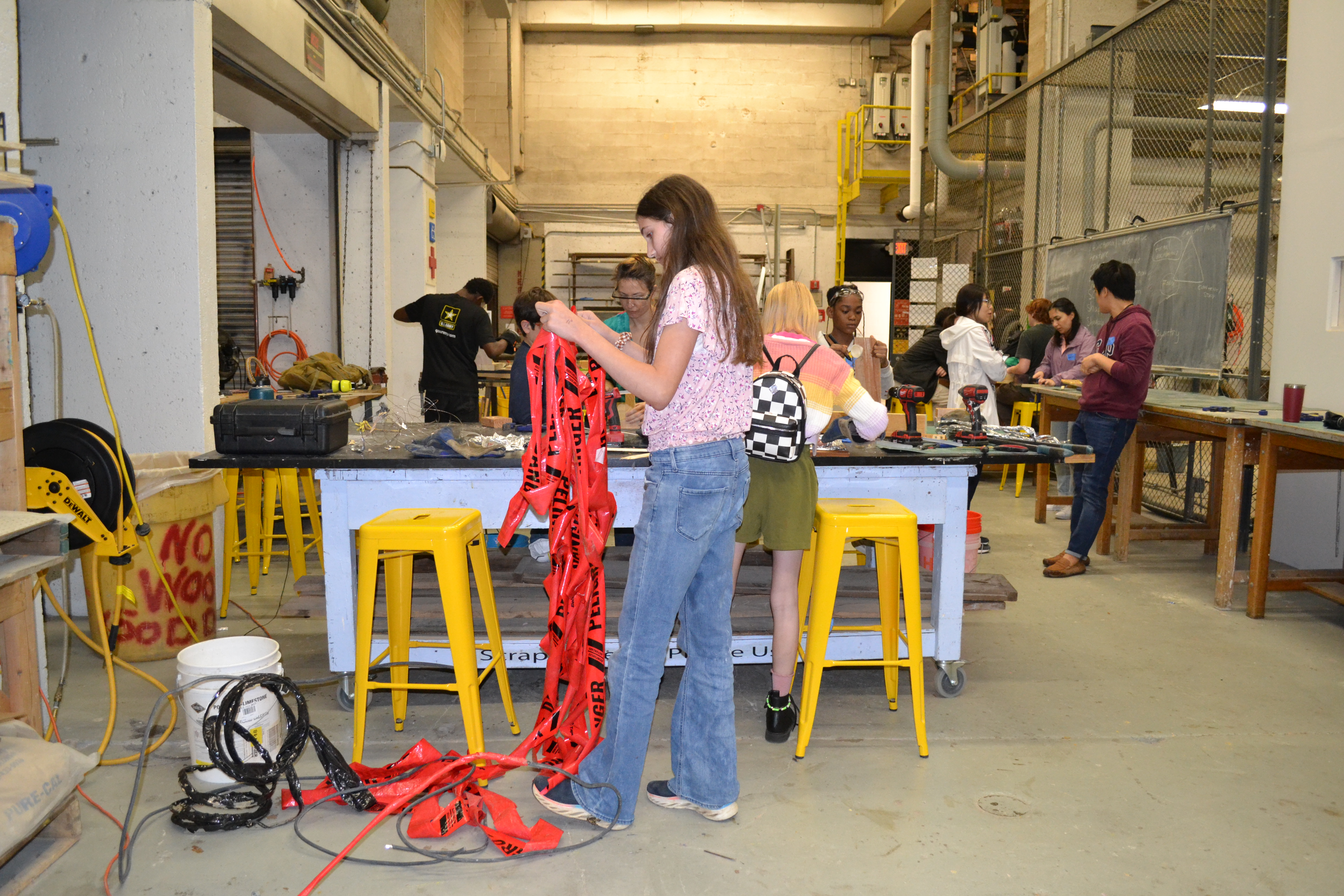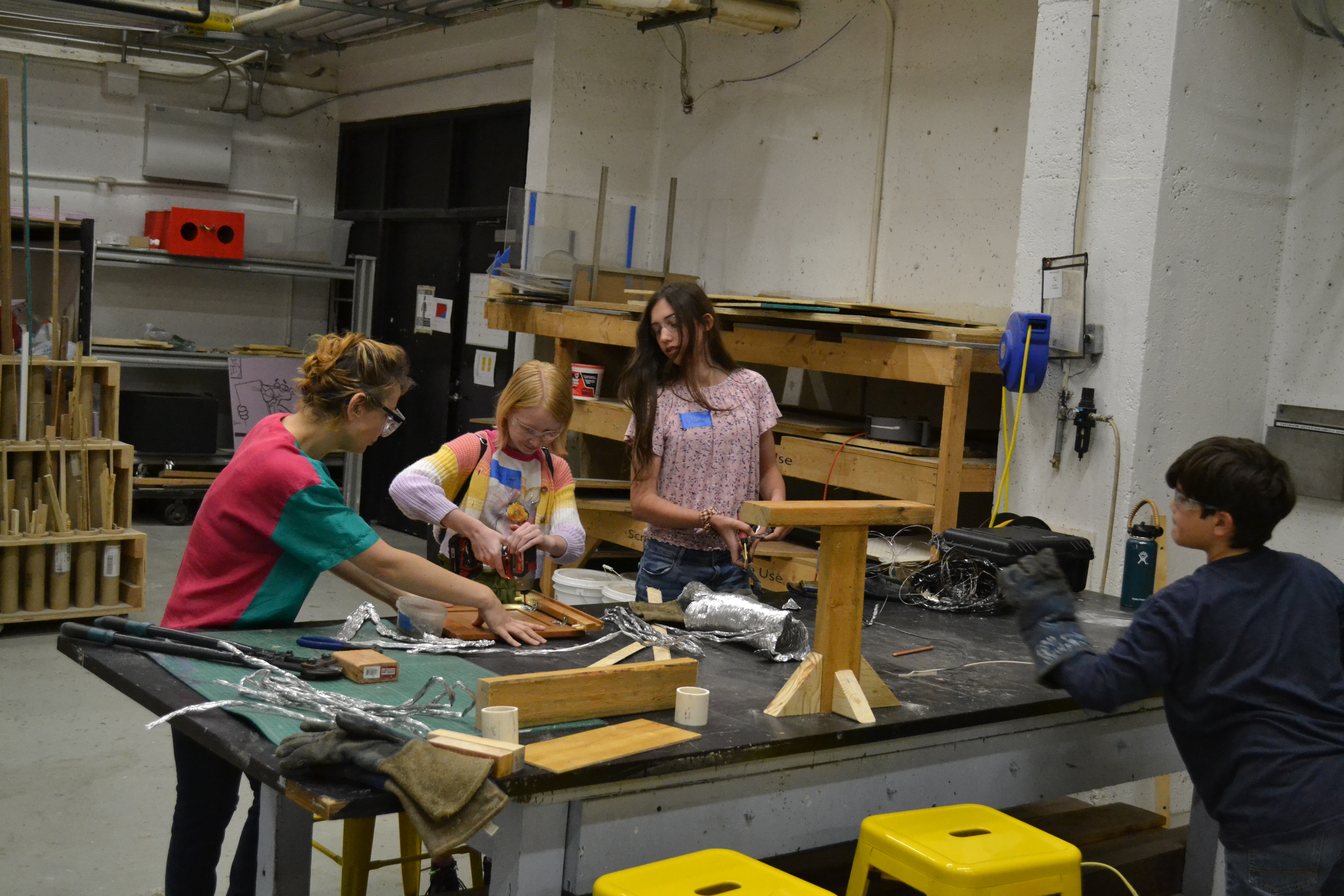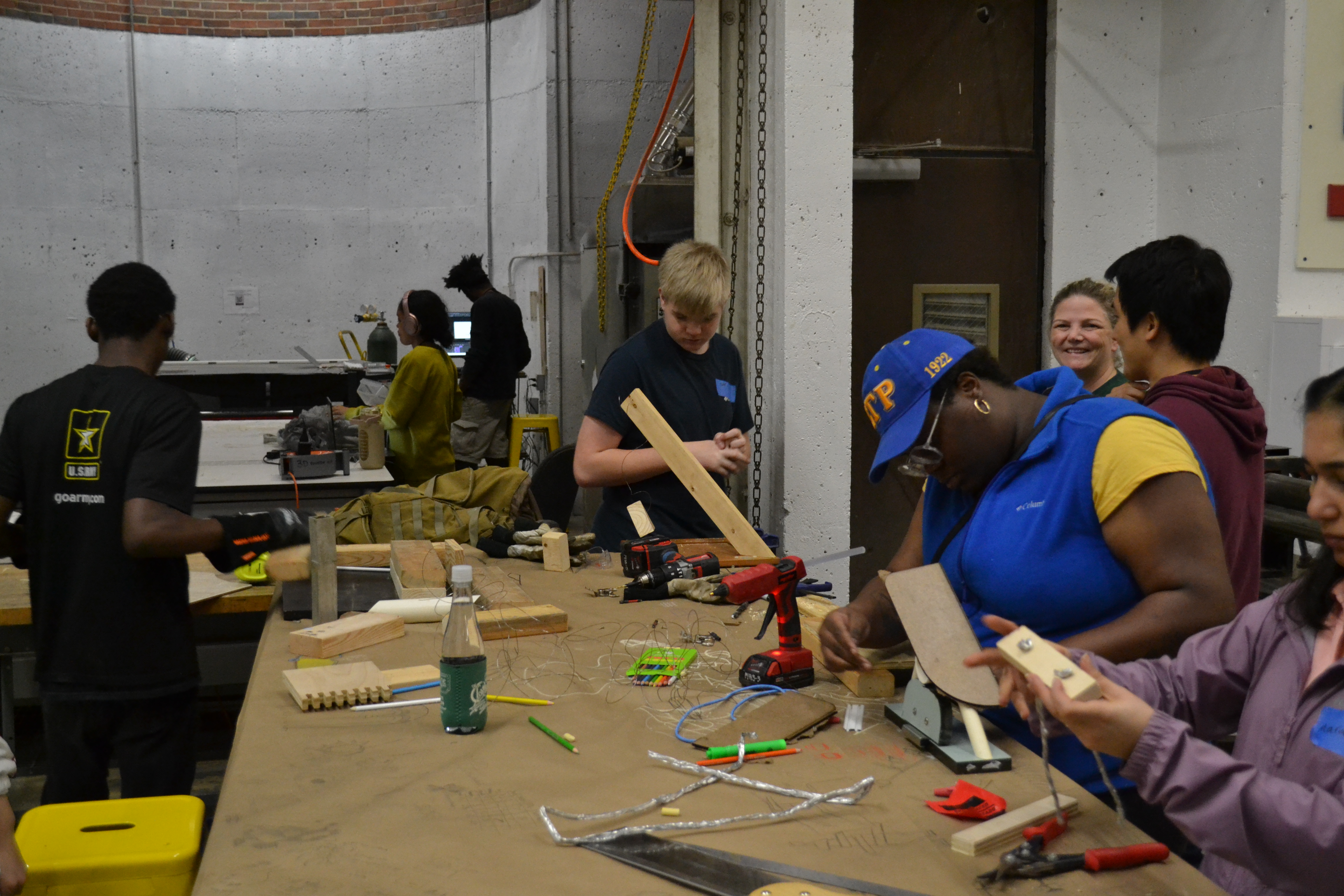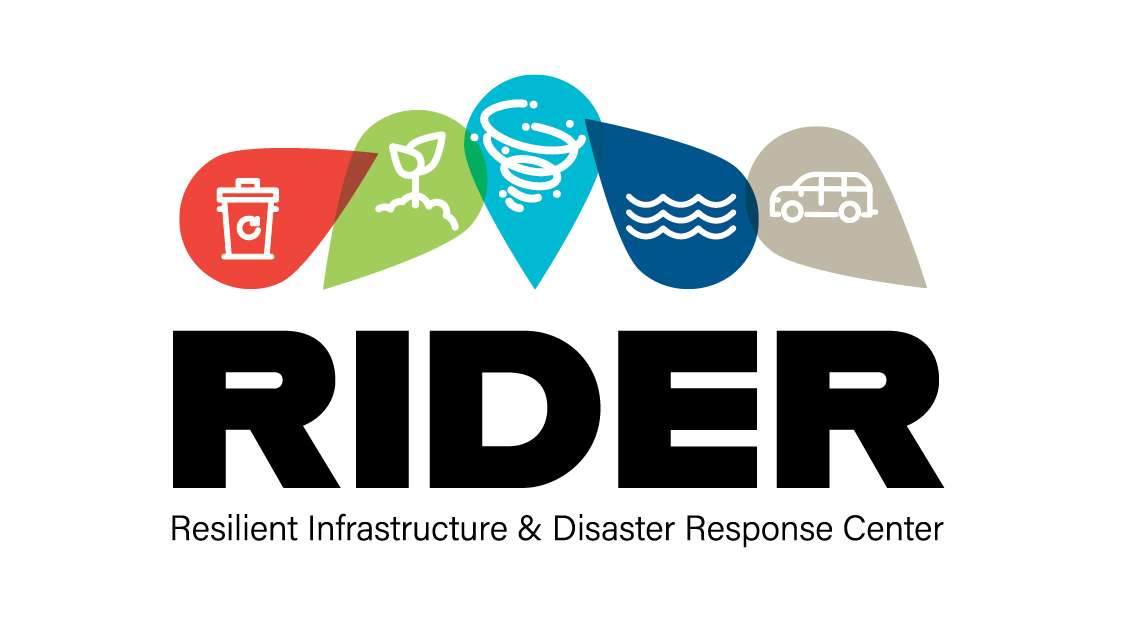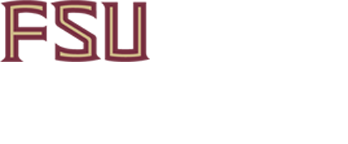Tallahassee middle schoolers discover the art of sustainability through creative upcycling at RIDER's 'Art to Trash' event.
In a captivating fusion of art, sustainability, and community engagement, Assistant Professor of Civil and Environmental Engineering at FAMU-FSU College of Engineering, Dr. Juyeong Choi, and FSU REBOOT Laboratory Director, Rob Duarte, recently orchestrated an inspiring "Art to Trash" event for local Tallahassee middle schoolers. This initiative aimed to ignite creativity while fostering environmental awareness by repurposing waste materials into unique works of art.
The event, held at the Fine Arts Building at FSU, served as a dynamic platform for students to delve into the transformative potential of upcycling and sustainable design. Guided by Dr. Choi, Mr. Duarte, and their team, participants were encouraged to reimagine waste materials as valuable resources rather than mere disposables.
The FSU REBOOT Laboratory, under the visionary direction of Rob Duarte, stands as a testament to innovation and critical inquiry. Describing the laboratory's mission, Mr. Duarte emphasized its commitment to utilizing waste materials generated by consumer culture to provoke thoughtful discussions and envision alternative futures. Through hands-on experimentation and artistic exploration, the REBOOT Laboratory seeks to challenge the norms of consumption and waste production inherent in modern society.
During the "Art to Trash" event, middle schoolers were invited to immerse themselves in the creative process, from conception to execution. With guidance from experienced artists and educators, the students embarked on a journey of imagination, design, and construction, breathing new life into materials destined for the landfill.
"Kids got to experience the process of imagining, designing, and building their own unique creations out of spare material that would otherwise be discarded for the landfill," remarked Dr. Choi. Through this hands-on approach, students gained valuable insights into the environmental and social implications of consumer culture while honing their artistic skills and creativity.
The artwork produced during the event served as poignant reflections of the participants' ingenuity and environmental consciousness. More than mere artistic expressions, these creations sparked meaningful conversations about waste reduction, sustainability, and the need for collective action. By engaging in the process of making and thinking, students were empowered to envision alternative futures and advocate for positive change in their communities.
As Dr. Choi aptly stated, "Events like 'Art to Trash' inspire young minds to think critically about the world around them and to explore creative solutions to pressing environmental challenges." Through collaborative efforts between academia, the arts, and the community, we can lay the groundwork for a more sustainable and compassionate future for what may normally be considered waste.
In essence, the "Art to Trash" event encouraged the transformative power of creativity, education, and collective action by creating art and uniting Tallahassee middle schoolers to create personal and meaningful works. Events like this also have the power to plan the seeds of environmental stewardship that will continue to flourish for generations to come.
